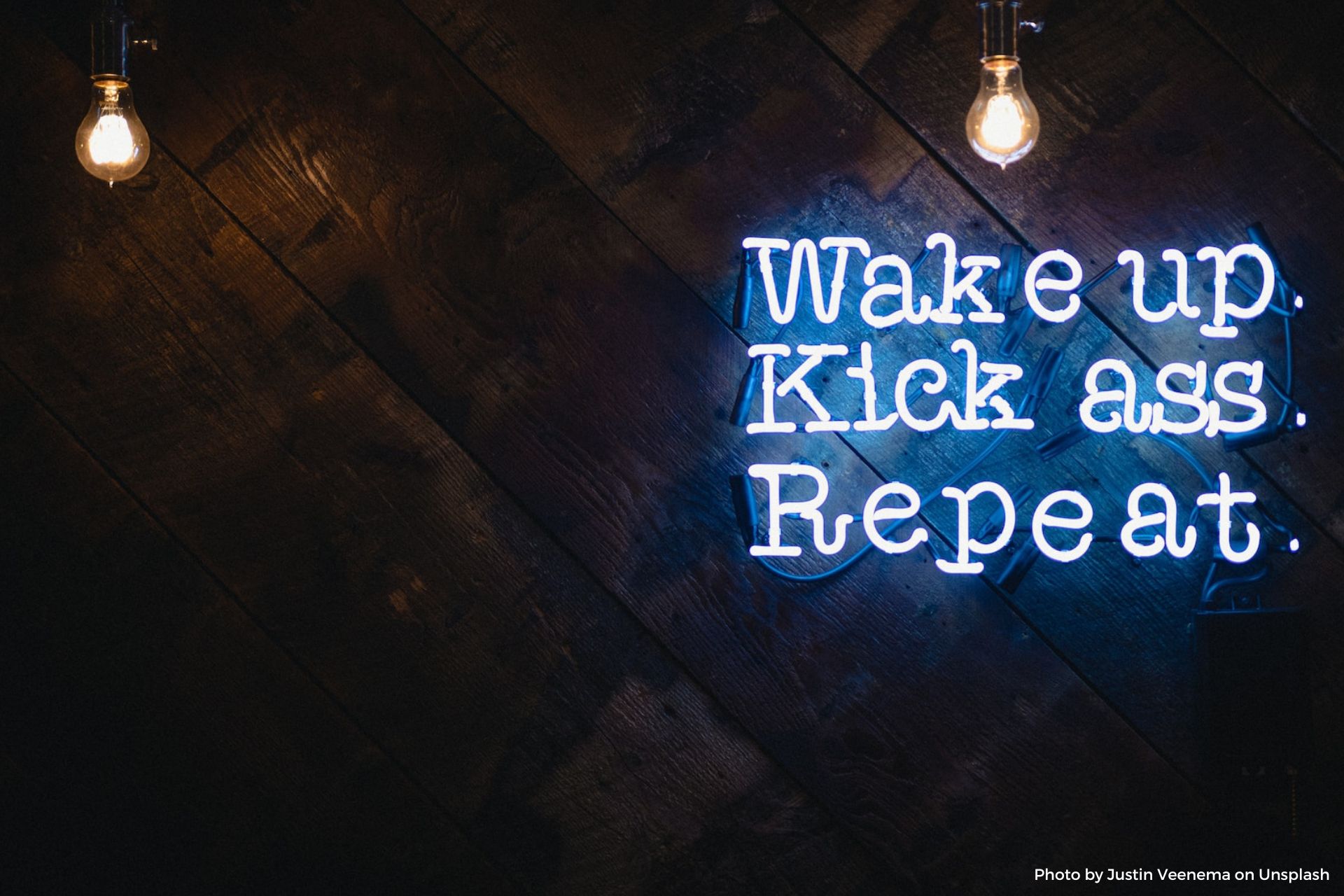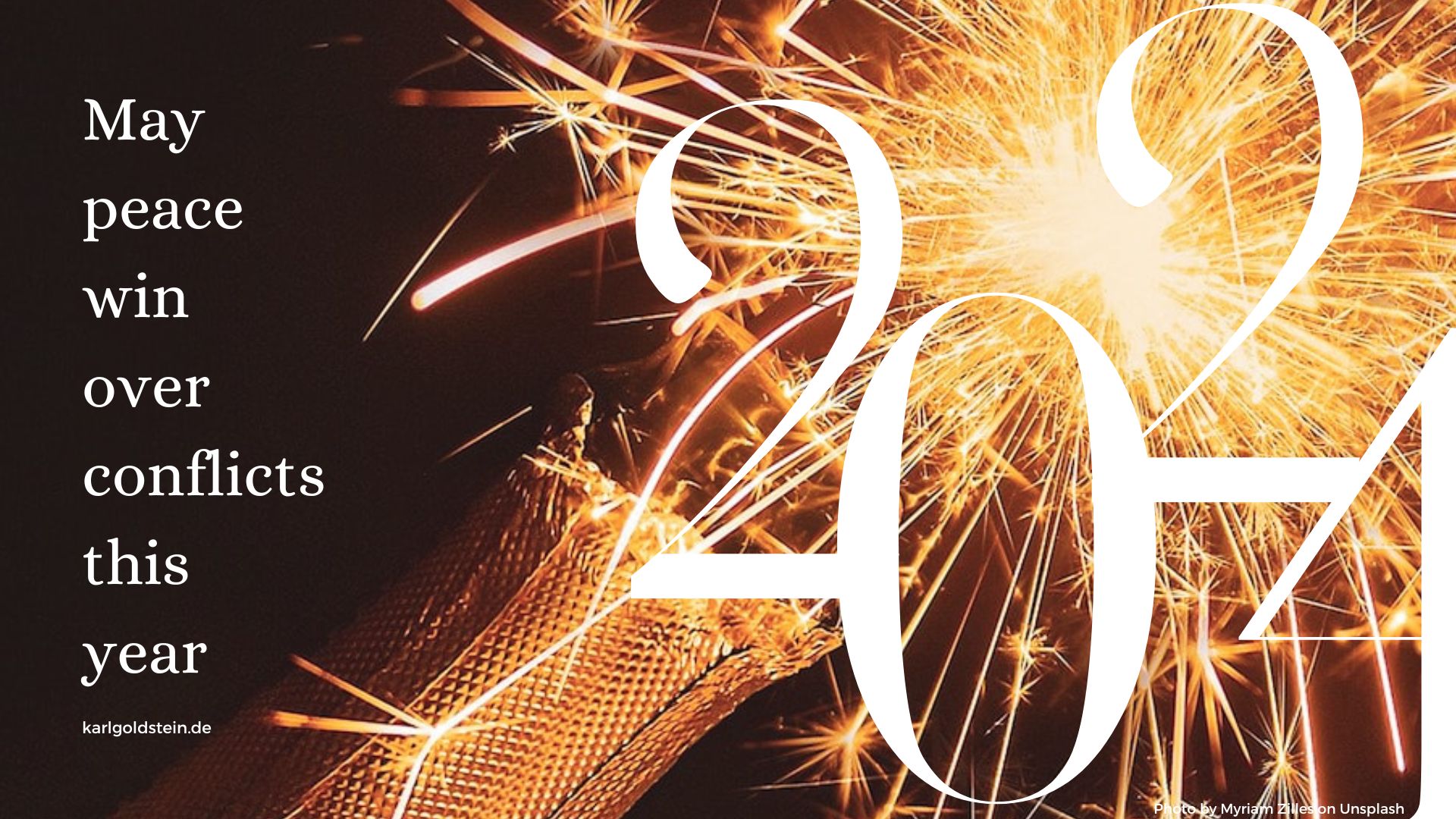One of the lessons I have learned over the past 6 months is that I lack discipline when it comes to sticking to the plan. Looking back, this has been the case for as long as I can remember. It has to do with my Scouting experiences: Plan ahead and then go do it. Adjust the plan along the way to best suit the project. I love that approach.
On the other hand, I agree that planning has more than one purpose: to plan ahead, to calculate, to grasp what lies ahead, to follow the plan, and to reach the goal on time. I believe that if we always followed the plan, we would achieve our goals faster. Planning also has to do with life experience. So our plans are well thought out. I should honor them more. The real gain would be to achieve my goals with less effort.
Tonight I asked Bard if there is any research on this matter of bridging the gap between planning and execution. There is.
The Zeigarnik Effect is a psychological phenomenon that states that we are more likely to remember unfinished tasks than completed ones. This is because our brains are wired to focus on unfinished tasks and to strive for completion. When we begin a task, we create a mental representation of it in our mind. This representation includes the goal of the task, the steps involved in completing the task, and the expected outcome. When we interrupt a task, we don't get to complete the representation in our mind. This leaves us with a feeling of incompleteness and a desire to finish the task.
The Zeigarnik effect has been demonstrated in a number of studies. In one study, participants were asked to perform a series of tasks. Some of the tasks were interrupted while others were completed. The participants were then asked to recall as many of the tasks as possible. The results showed that participants were more likely to remember the interrupted tasks than the completed ones.
The Zeigarnik effect can be used to improve our ability to execute plans. If we break our goals down into smaller steps, we are more likely to complete each step and remember the goal. This will help us stay on track and avoid getting sidetracked.
Here are some tips for using the Zeigarnik Effect to improve your planning and execution skills:
- Break your goals down into smaller steps.
- Focus on completing one step at a time.
- Set realistic deadlines.
- Reward yourself for progress.
- Use a to-do list or task management system.
- Eliminate distractions.
- Take breaks when you need to.
- Don't be afraid to ask for help.
I will use this Zeigarnik Effect to improve my skills. Later, I will share my results with you. Who else has difficulties like me? What are you doing to improve your skills? Please share your experiences with me at coaching@karlgoldstein.de.



